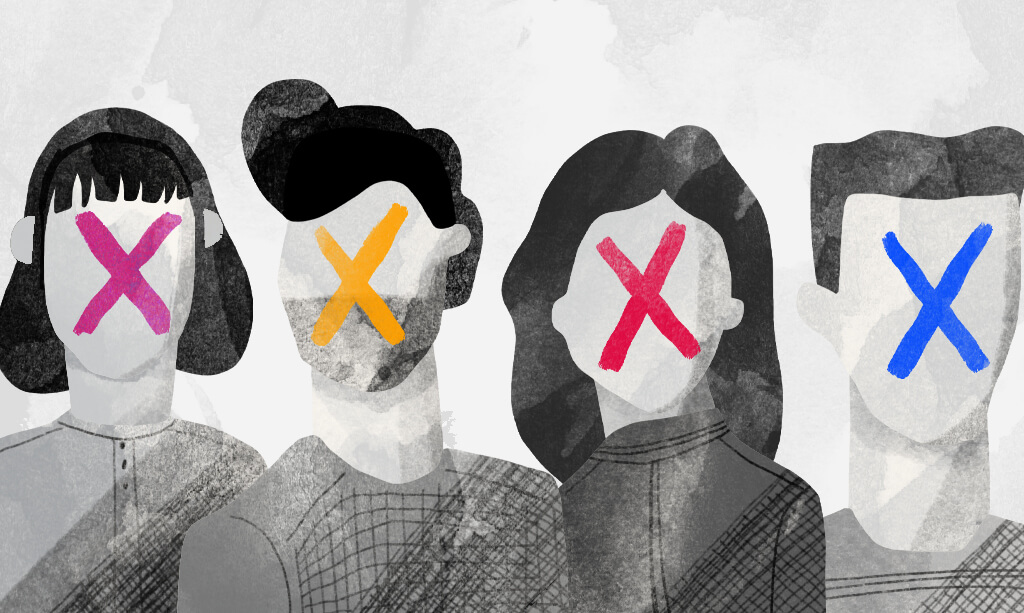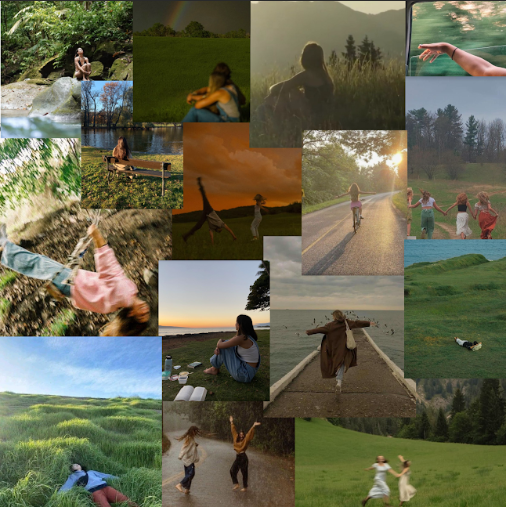
On August 28, 1963, 250,000 civil rights activists gathered around the Lincoln Memorial. From the steps of the monument, the movement’s peaceful, yet determined leader Martin Luther King Jr. delivered his famous ¨I Have a Dream” Speech. In what would later become a pivotal moment in American history, Dr. King declares that it is “time to make justice a reality for all of God’s children.” Has King’s famous dream come true since that historic day?
The state of Arizona has recently proposed a bill that would allow business owners to refuse service to homosexuals if doing so interfered with their religious beliefs. Although the bill was ultimately vetoed by Arizona governor Jan Brewer on Wednesday, February 26, the issue has shed light to the obstacles that still plague the Lesbian, Gay, Bisexual, Transgender (LGBT) community in their fight for equality.
Though the nation has made significant social progress since the civil rights movement of the 1960s, the LGBT community still faces one major obstacle: Religion. There have been several instances in which religious extremists have protested gay marriage, claiming that it goes against their beliefs. The question of religion still poses a major threat to the gay community to this day. Gay marriage continues to battle protest, and the new bill proposed in Arizona proves that there are still people who want to limit the business and consumer rights of the LGBT community. Should other people’s beliefs be taken into account when deciding how to treat the gay community?
This conflict is a complicated one. Dr. Martin Luther King envisioned a world in which everyone is equal, but how can Dr. King’s vision come true when there are people who are still being discriminated against? Even if homosexuals were finally able to achieve complete equality, would allowing this to occur mean discriminating against others beliefs?
Ideally, we should seek a coexistence between religious principles and tolerance or acceptance of all people. Realistically, many refuse to compromise their religious beliefs not out of hatred, but out of faith. No one expects everyone to simply change their beliefs in order to assimilate into the changing times and new values. It is important to remember that these religions, in spite of their views on homosexuality, deserve the same respect that everyone else receives. In order to maintain equality in the United States, “People need to be respectful of others’ religions and not judge them based on their beliefs,” said sophomore Elizabeth Saunders. But when legislators essentially legislate these beliefs to an extreme—to the point where a bill has an intent to protect only the beliefs of religious groups (and at the sacrifice of the basic civil rights of a targeted minority)—this respect doesn’t exist.
We still need to strive for this respect, however. Maintaining it isn’t easy, especially when religious extremists insist on discrimination. But supporters of gay marriage want equal rights for the gay community, and achieving equality works best when the voices of change do not participate in the disrespectful and hateful actions of the opposition. Religious groups must therefore be accepted as well.
If religion was kept a personal matter, this dilemma may be easier to tackle. The proposal of the Arizona bill was a direct result of religious influence in the government. While it is important to respect different religions, history has proven the combination of religion and state to be a hazardous one. For instance, in the fifteenth century, Catholic bias in the Spanish dynasty lead to the persecution of Moors and Jews. Religious influence in the government can easily escalate into the discrimination or persecution of various communities. People should be able to believe whatever they wish to; however, one must remember that these personal beliefs may not have everyone’s best interest in mind. It is the government’s job to make sure that everybody’s rights are accounted for.
“I don’t think people should be able to discriminate in the name of their religion when the discrimination violates human rights,” said sophomore Archana Apte, “The bill was against anybody that extremist Christians didn’t like.” This is precisely the issue that the government is trying to avoid. If religion was to influence political decisions, there would be a high possibility that people would use this influence for their own personal gains.
By allowing religion to interfere with politics, the government would also be undermining other religions. While one religious group may be against gay marriage, another may be all for it. If the government were to make a decision based on one of these groups’ beliefs, the other would have reason to believe that they are being discriminated against.
This does not mean that people should not feel free to practice their beliefs. There is no reason why a person should refrain from believing in God, going to church, or celebrating Christmas. However, if their beliefs do not take into account the rights of everyone, then they do not belong in political matters. “People can be prejudiced in their private life as long as it doesn’t interfere with someone else’s rights,” said an anonymous source.
This doesn’t just go for religion. The government should treat everyone as equals. Laws should not be made that favor one group or community at the expense of another. The reason why the Arizona bill caused such an uproar in the first place is because it catered to radically conservative Christians, while disregarding the rights of the LGBT community. The bill, and laws like it, stem from tensions involving factors such as religion, race, sexual orientation, and gender identity. The only way to avoid a major conflict in this situation would be to make some sort of compromise. Catering to one group’s needs is exactly what the Arizona bill did, and this is why it failed.
Our founding fathers believed in a separation of Church and State. Maybe this idea is the key to putting this issue to rest. If religion continues to be a private affair, there will be nothing in the way of equality for the LGBT community. People need to realize that the government is in place to protect liberty. They need to realize that the society Martin Luther King Jr. dreamed of is one in which everyone has an equal chance to pursue happiness and make their own mistakes along the way. While people should have the freedom to practice and should not have to worry about prejudice, religion should not interfere with political decisions. If America wants to remain the “land of the free,” the government needs to focus on full acceptance for all, which includes all ethnicities, religions, and sexual identities that exist in this nation.








